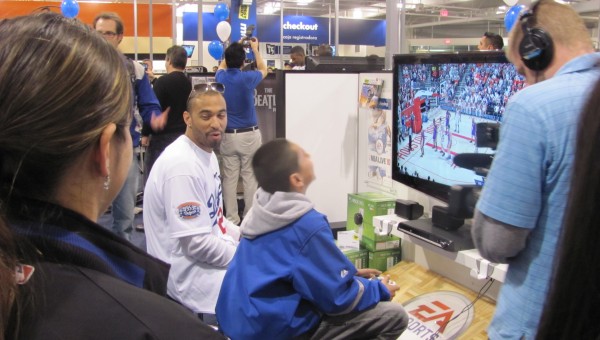The advancement of modern technology has always benefited medical science in one way or another, from the discovery of penicillin, down to the latest and most expensive brain scanners. However, not many would be want to believe that the video game industry, which is often regarded as more of a branch of entertainment than one of technology, can also come to the support of medicine. That being said, several recent studies have confirmed that playing video games can significantly impact medical treatment and alter its course in a positive way.

Video Games for Autism and ADHD
One of the main issues with children who are sufferers of ADHD and autism spectrum disorders is their inability to focus. These serious behavioral and cognitive conditions are best treated with a balanced mix of psychotherapy and pharmaceutics. At the same time, though, neuro-feedback, a technology initially developed at implemented by NASA is helping children with the above-mentioned conditions improve their focus and attention span. Essentially, this technology allows players to connect their brains to a personal computer and to effectively control everything that’s going on on-screen through their brainwaves. A limited number of such titles has been put out on the market, yet the ability to play a popular classic such as tetris with one’s sheer brain power will certainly get a non-sufferer excited enough to focus on the task of the game. For this reason, it is highly likely that this new technology might work wonders on afflicted individuals.
Video Games Can Help with All Sorts of Therapy
A study published in June 2012, in the reputed American Journal of Preventive Medicine found that video games used in clinical settings can improve the outcome of just about any type of therapy. The authors of the study searched for previous studies, which spoke about video games being used in medical treatment, in a controlled, clinical environment. They eventually selected 38 studies, which presented a total of nearly 200 medical outcomes, in the fields of physical and psychological therapy, disease self-management, health education, pain relief, increased physical activity and clinician skill training. The study, conducted by several scientists from the University of Pittsburgh, Case Western Reserve University and the Children’s Hospital in Boston, found that video games positively influenced psychological therapy, in 69 per cent of the cases studied. 59 per cent of physical therapy cases were also improved thanks to video games, as were 50 per cent of physical activity cases, 46 per cent of outcomes in cases of clinician skill training, 42 per cent of health education and pain relief cases, and 37 per cent of disease self-management. While the study’s authors agree the bulk of their research material was made up of poor quality studies, with short follow-up periods (less than twelve weeks), the results indicate that video games and traditional medical therapy might one day become complementary methods.










Comments